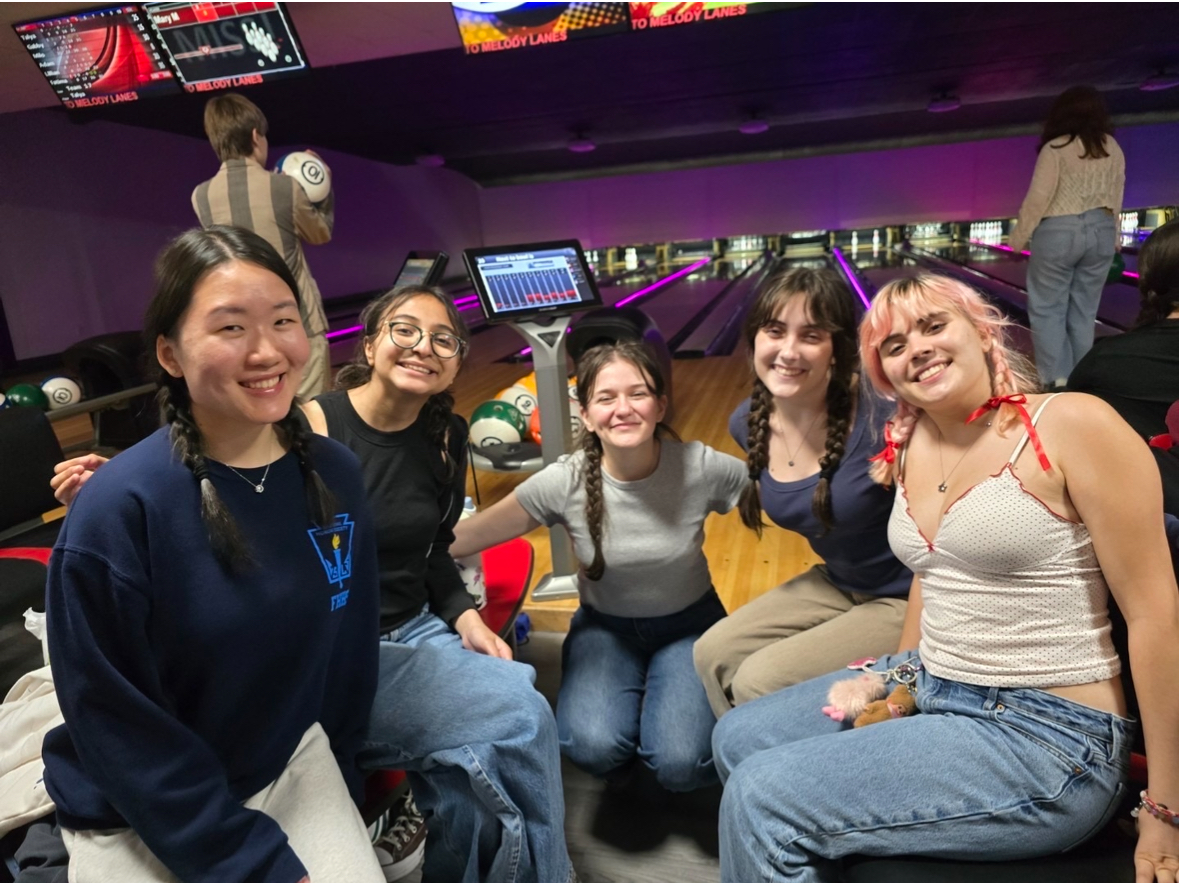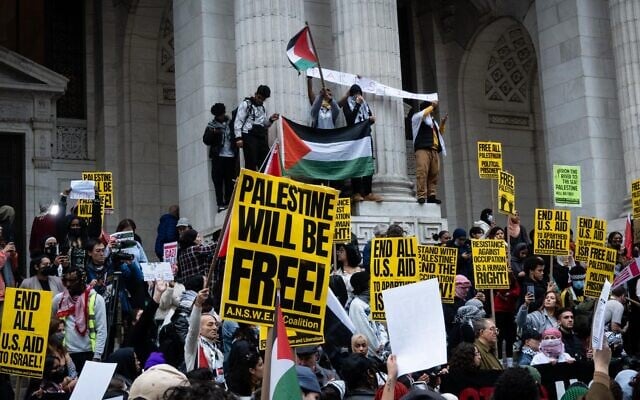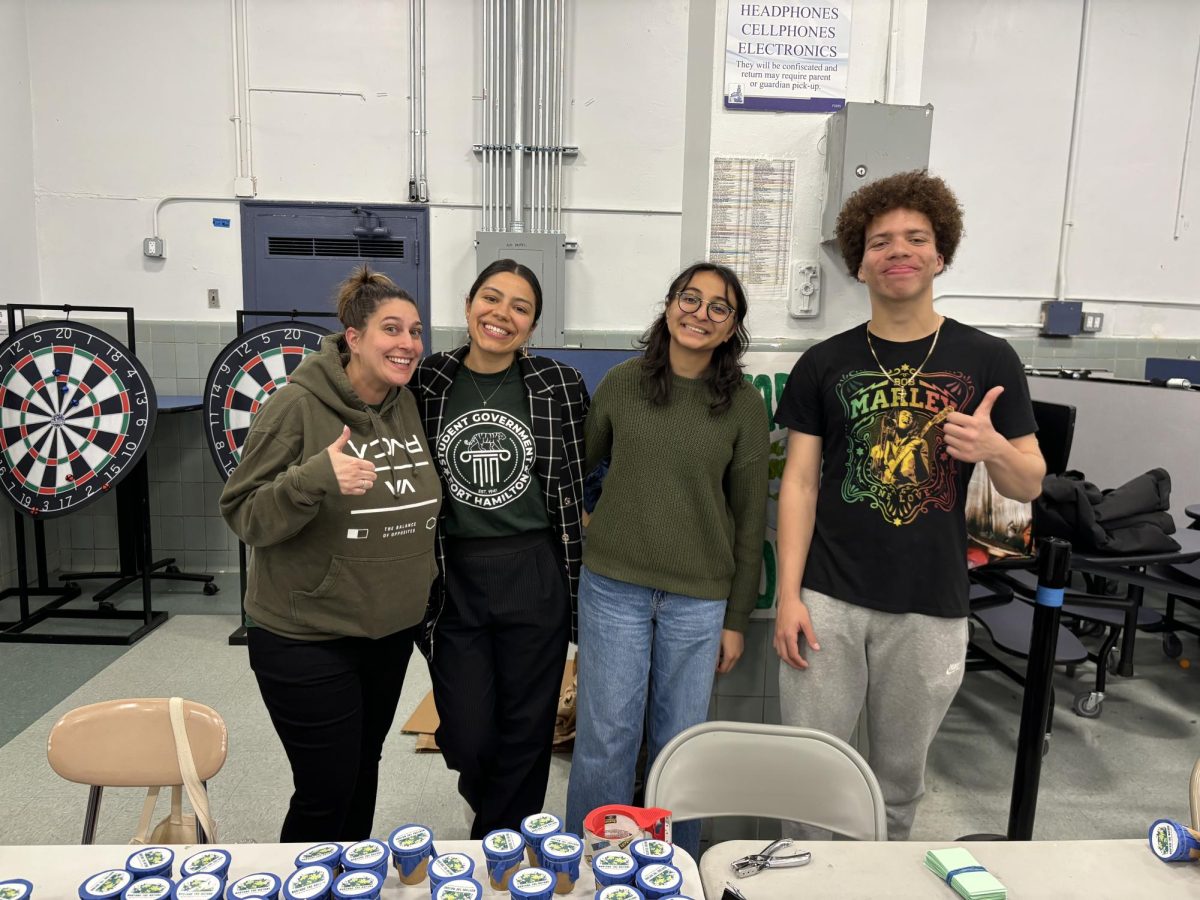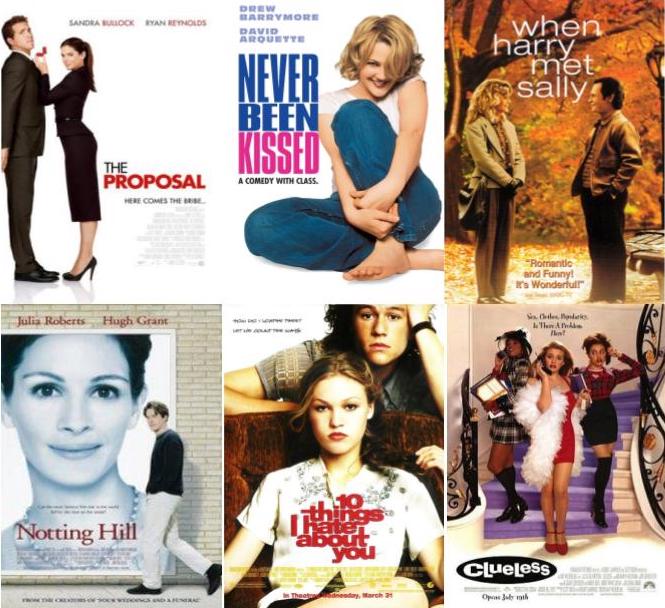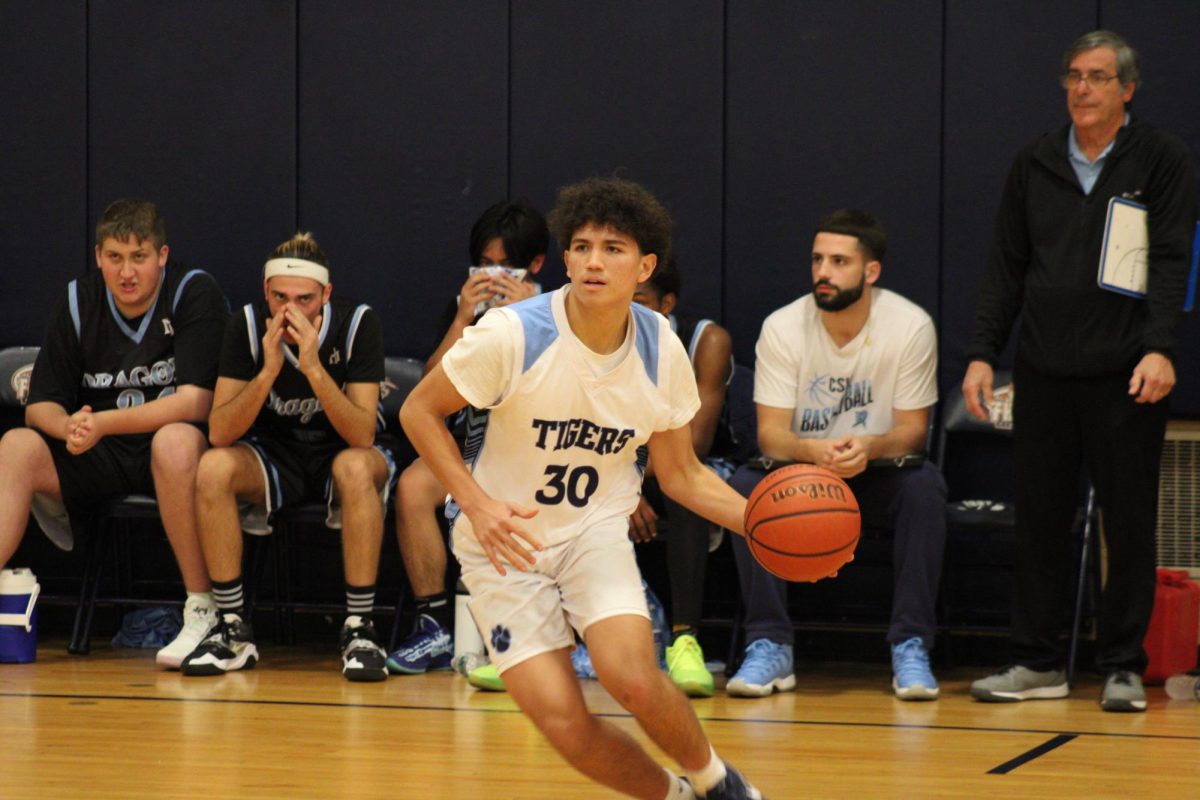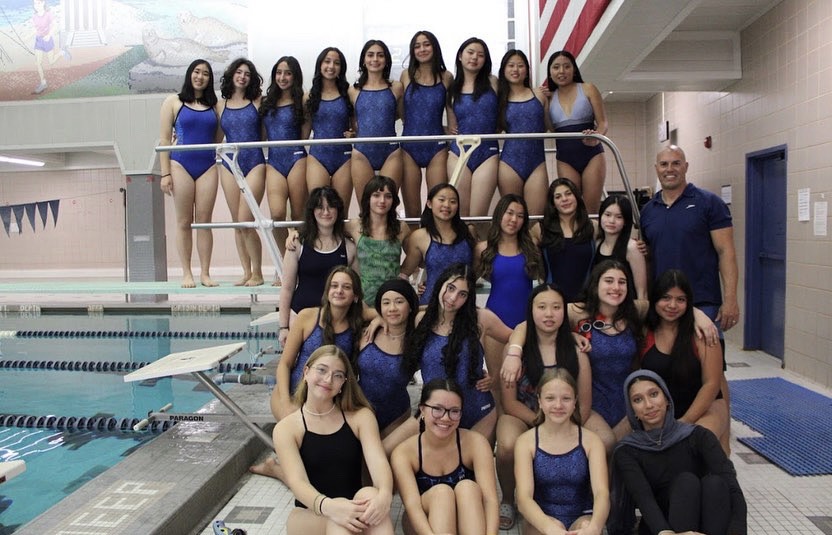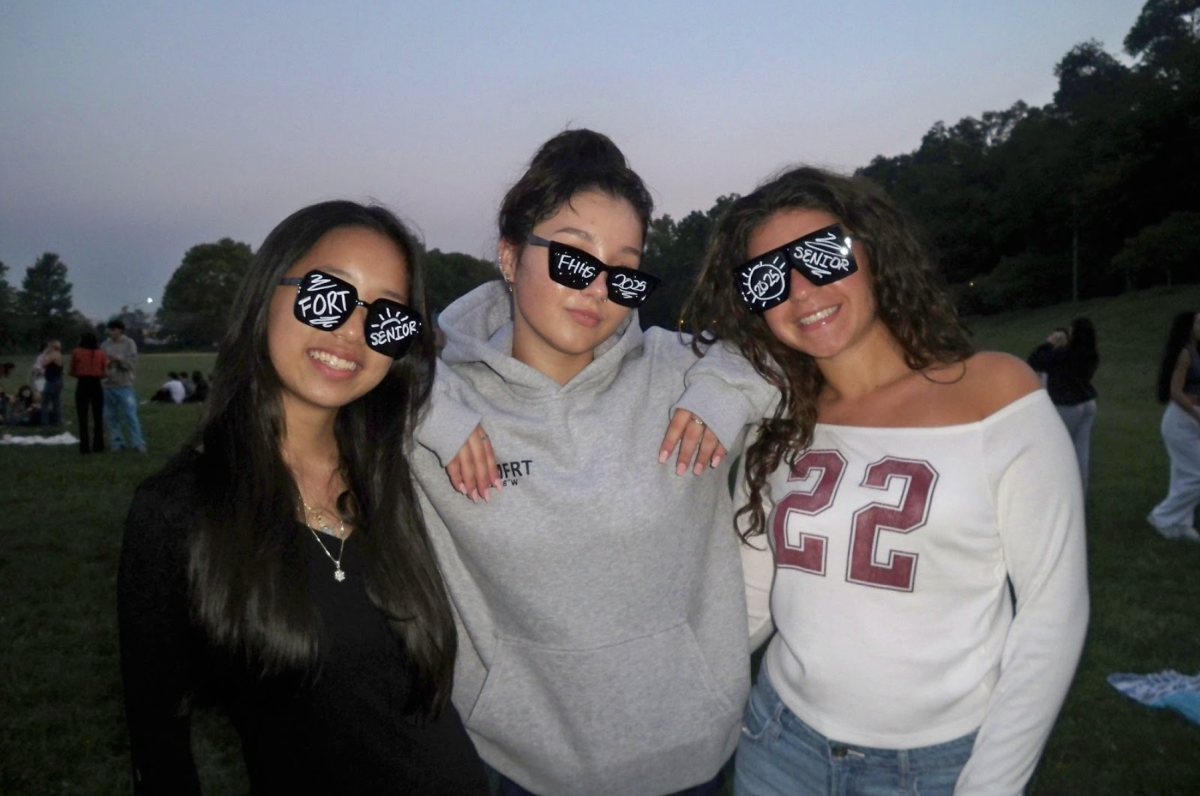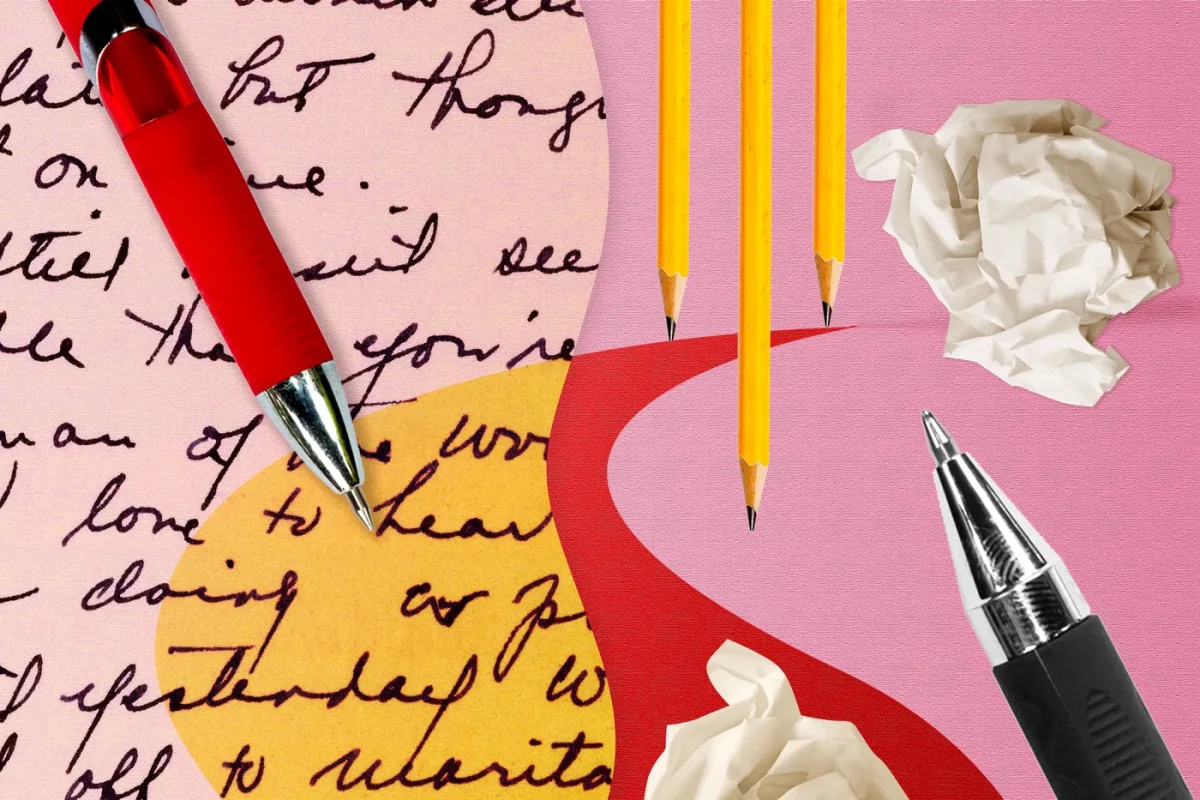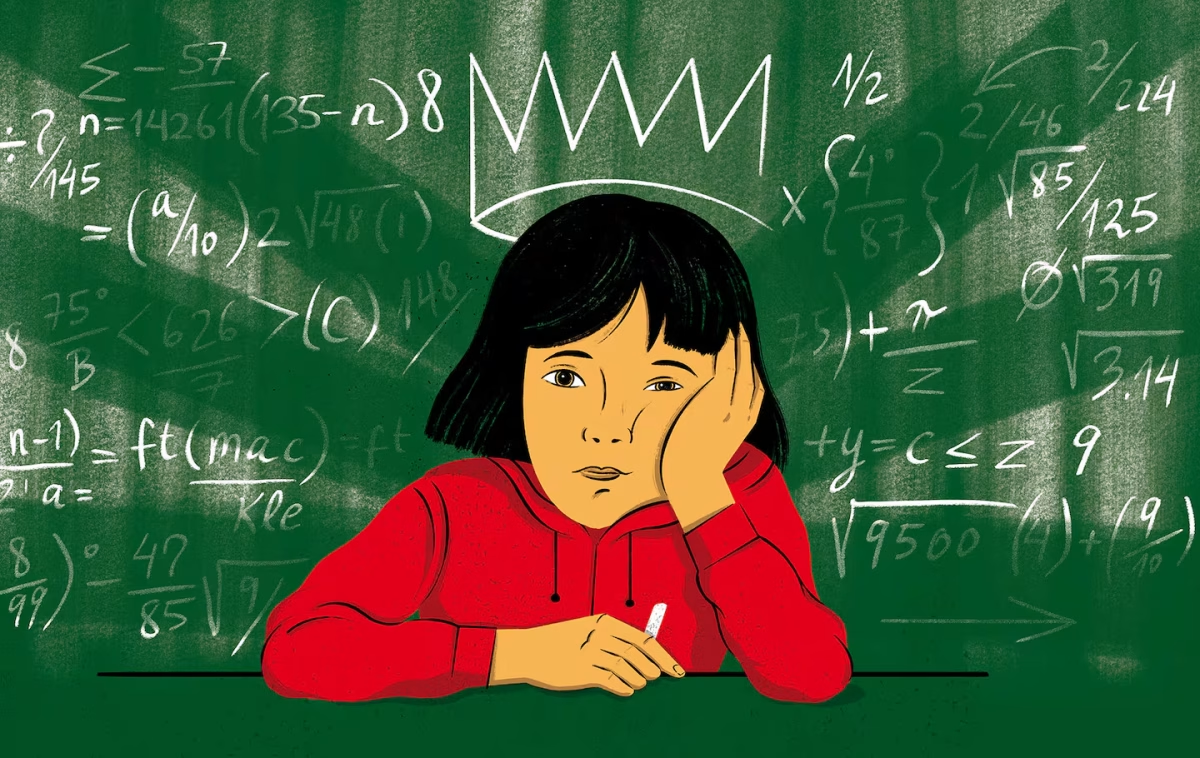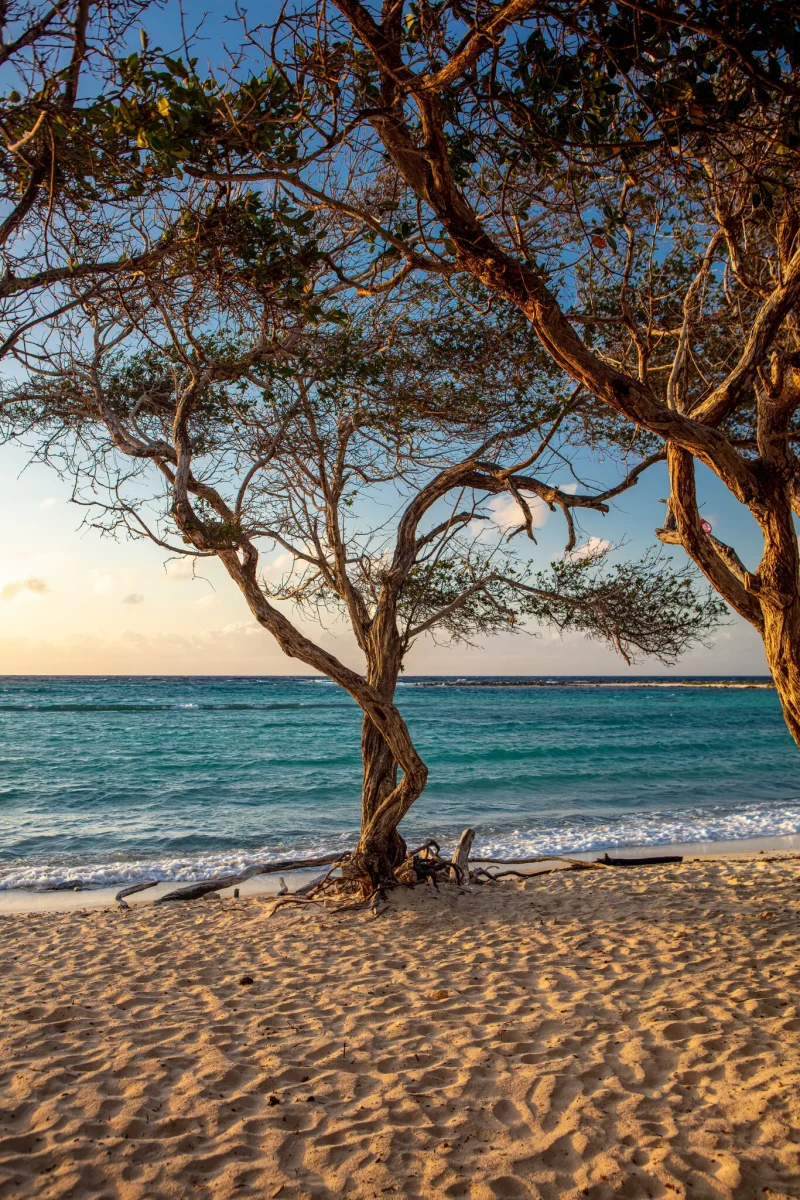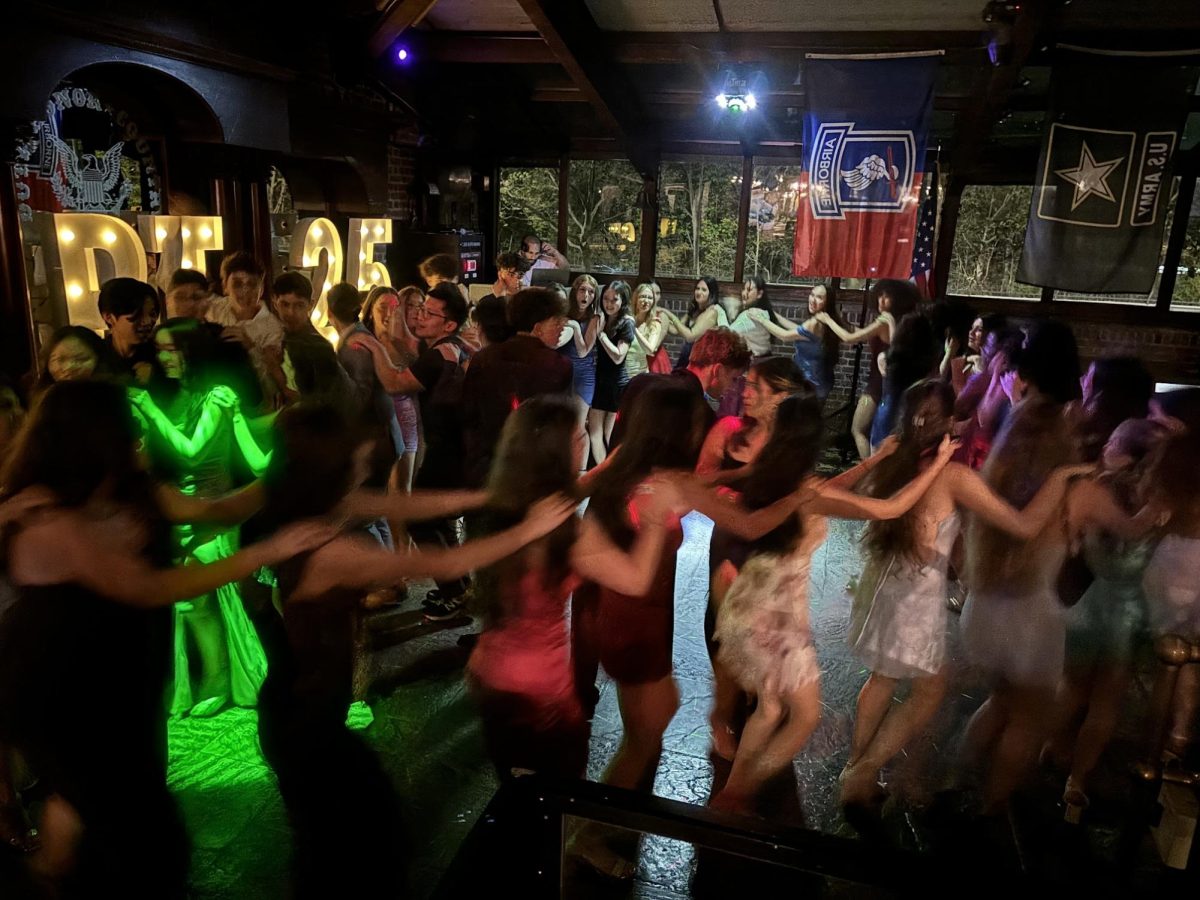
The World Cup is an internationally celebrated soccer event that takes place every four years. Countries from around the world compete for the golden trophy and for the title of best global soccer team. This year, the men’s world cup is being hosted in Qatar. Despite the event being seen as a uniting force, many conflicts are hidden behind the facade of FIFA.
Shortly before the beginning of the World Cup, the death of Mahsa Amini, an Iranian citizen who died after being detained for allegedly breaking Iran’s hijab law, sparked a global outrage. The morality police, known for its strict control over Iranian women, maintained that Amini died of a heart attack. A photo and video that circulated social media, however, “showed her lying unconscious on a hospital bed with tubes in her mouth and nose…suggest[ing] she had a concussion from head injuries,” according to The New York Times.
Following the death of Amini, protests erupted across the world as many more women in Iran followed her fate. Iran cut off the internet in the country to censor their people’s voices. Massacres were held, and morality police opened fire on their people, recklessly killing at least three hundred people, and injuring many others.
When the national anthem of Iran was played during their first game of the World Cup, players remained silent in solidarity with all the protestors back in their home country. The Iranian crowd echoed this solemn act in tears, and abstained from waving their country’s official flag.
Many supporters of the team were seen in jerseys with Amini’s name and signs with the slogan, “Women, life, freedom.”
The Iranian government, insulted by the protests, threatened the families of the soccer players with violence if the players would not sing the anthem. Officers were hired to monitor the players, who were given limited freedom, even outside their country.
Hosting the World cup in Qatar also sparked many issues and controversies. Qatar is known
for its extremely high temperatures, resulting in the event being moved to November and December in contrast to its normal June and July schedule. However, for people working for the event in advance, the weather proved a great difficulty.
Migrant workers make up approximately 95% of Qatar’s workforce under the Kafala system. The Kafala system marks Qatar’s practice of sponsoring people from surrounding countries
to work for them in exchange for travel expenses, housing, and low wages. The agencies from which these people are hired provide little protection of rights for these workers.
In preparation for the World Cup workers were forced to labor through hard conditions and hot climate. They worked on the construction of hotels, stadiums and other structures that would make Qatar accommodating for supporters. Approximately 6,500 workers have died due to these preparations.
Qatar defends these allegations, saying that the World Cup will bring them a lot of new wealth that will help provide for these workers better wages and working conditions.
Qatar has also faced criticism for their poor treatment of women and their intolerance to members of the LGBTQ+ community.
Qatar discouraged any use of the pride flag or other symbols of the LGBTQ+ community among supporters. Players caught wearing any pride gear would be threatened with a yellow card. While this discrimination goes against FIFA guidelines, the organization did nothing to protect the rights of LGBTQ+ fans and their allies.

The global unity people often associate with the World Cup is more illusory than people think. Iran and Qatar are only two examples of people being oppressed by their governments, and hidden by the joy the World Cup brings to many. While this event provides a relief of pressure from all the issues in the world, it is important not to forget about the people all around the world who are mistreated and in need of a voice.

